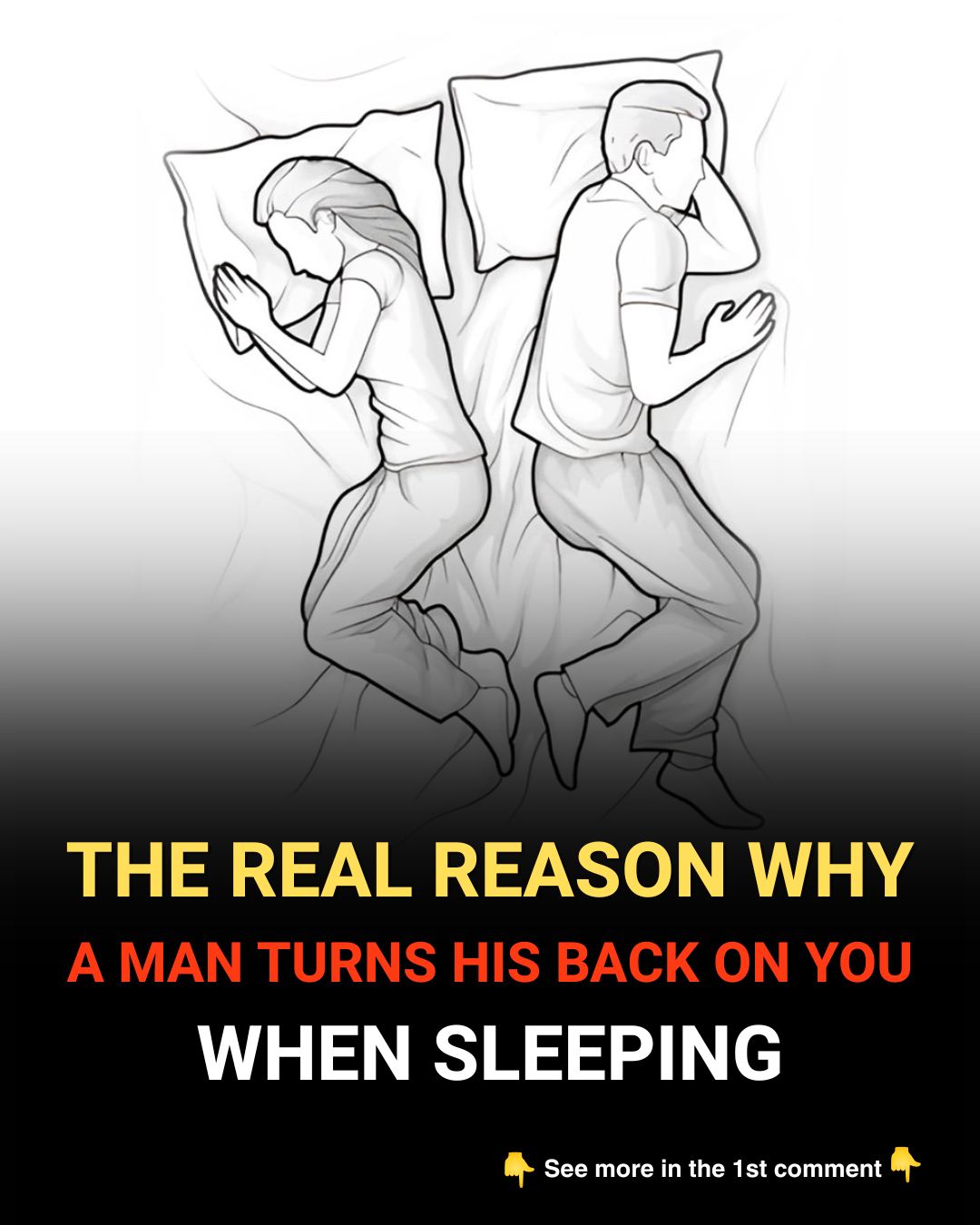
Many healthcare professionals agree that adequate sleep is critical to maintaining overall health and wellness. Getting between seven and nine hours of sleep per night allows the body to rest, repair, and function optimally.
A lack of sleep is associated with a higher risk of several health issues, including stroke, diabetes, heart attacks, bone loss, and increased appetite, which may contribute to obesity.
Beyond physical health, experts also emphasize the emotional and psychological benefits of sleeping with a partner. Sharing a bed can offer advantages like temperature regulation, reduced stress levels, fewer instances of insomnia, and improved emotional well-being.
Sleeping next to a loved one can enhance emotional connection, physical comfort, and overall life satisfaction.
What Research Says About Sleep Positions
These benefits become even more interesting when considered alongside sleeping positions, which have been studied as indicators of relationship dynamics.
American psychologist Richard Wiseman, from the University of Hertfordshire (UK), led a study that explored the importance of posture and physical distance between couples while sleeping.

According to his findings:
- 42% of couples sleep with their backs to one another
- 34% maintain some form of contact
- 31% sleep facing the same direction
Interestingly, the closer the couple slept, the more emotionally satisfied they reported feeling. Even without physical contact, simply facing the same direction can indicate a close emotional bond.
So, if your partner sleeps with their back turned, it doesn’t necessarily mean there’s a problem. In fact, it can signify mutual respect for personal space, while still maintaining a loving connection.
Why Sleeping Apart Can Be a Sign of Trust
Psychologists note that sleeping with your back to your partner can reflect a secure relationship—one in which both individuals feel safe, trusted, and free to relax.
According to Wiseman’s research, couples who sleep further apart but remain emotionally close may have strong foundations built on autonomy and trust.
Don’t Jump to Conclusions About Sleep Habits
Although sleeping posture can reveal subtle emotional cues, experts warn against reading too much into it. Many factors, such as health concerns, personal comfort preferences, or lifelong habits, influence how people sleep.
Relationship specialists emphasize that a partner turning their back while asleep does not automatically imply detachment. On the contrary, it could suggest that your partner is comfortable enough to sleep naturally, without fear of judgment or rejection.
What Science Says About Sleep and Relationship Health
At the Edinburgh International Science Festival in 2014, a team from the University of Hertfordshire explored whether sleeping positions could be used to assess relationship quality.
Their conclusion? Couples who sleep back-to-back or with little physical contact can still share a strong, secure bond. These positions suggest emotional closeness, mutual trust, and comfort within the relationship.
While physical touch is often valued, the absence of it while sleeping does not indicate relationship dissatisfaction. Some couples simply prefer postures that reflect their own comfort needs while still maintaining deep emotional intimacy.
In short, when your partner turns their back in bed, it’s not necessarily a sign of distance. It could just be a sign of security, comfort, and trust—key components of a healthy, lasting relationship.
Please SHARE this article with your Friends and Family to get an interesting conversation going!

















